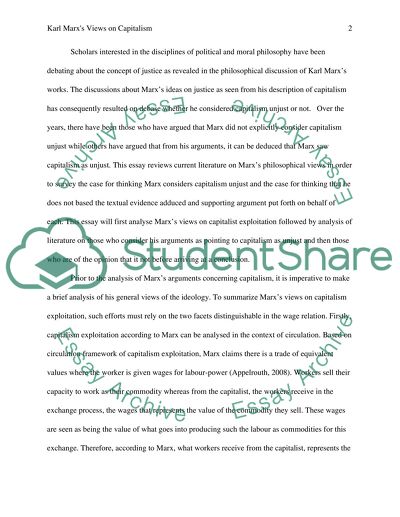Cite this document
(“Does Marx consider capitalism to be unjust Essay”, n.d.)
Retrieved from https://studentshare.org/history/1492577-does-marx-consider-capitalism-to-be-unjust
Retrieved from https://studentshare.org/history/1492577-does-marx-consider-capitalism-to-be-unjust
(Does Marx Consider Capitalism to Be Unjust Essay)
https://studentshare.org/history/1492577-does-marx-consider-capitalism-to-be-unjust.
https://studentshare.org/history/1492577-does-marx-consider-capitalism-to-be-unjust.
“Does Marx Consider Capitalism to Be Unjust Essay”, n.d. https://studentshare.org/history/1492577-does-marx-consider-capitalism-to-be-unjust.


